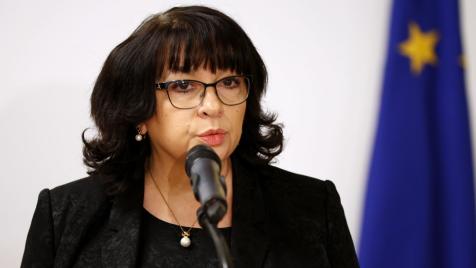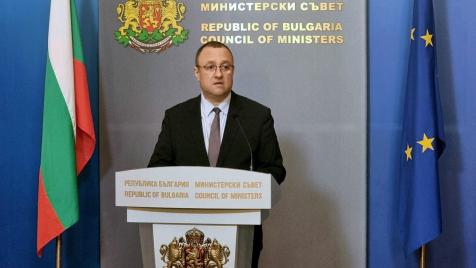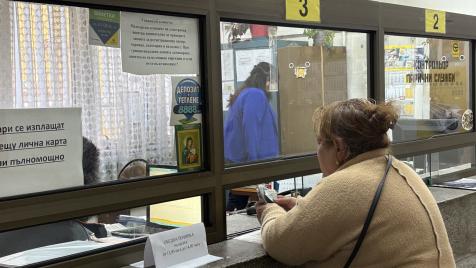Tax Freedom Day in Bulgaria is set to be a record late date in 2025
Due to the dramatic budget reallocation planned by the Zhelyazkov government, Bulgarian taxpayers will have to work longer and longer for the state
Tax Freedom Day will come at a record late date in 2025 – June 3, according to calculations by the Institute for Market Economics (IME). The reason for this unprecedented delay is related to the increase in state redistribution and budget expenditures this year, set by the Zhelyazkov cabinet.
By comparison, in 2024 the day was May 13, in 2022 – May 26, and in 2021 – May 21, when the delay was explained by the pandemic.
Tax Freedom Day is the moment when the income that everyone has generated since the beginning of the year is sufficient to cover their share of the state budget. Its record late arrival in 2025 is a direct consequence of the dramatic increase in budget redistribution. While in recent years government revenues have ranged between 36 and 37% of gross domestic product, in 2025 they will reach 41.9% of GDP.
This means that every working Bulgarian has devoted nearly 154 days of their labor to fill the state coffers, which are expected to collect BGN 90.3 billion with a projected GDP of BGN 215 billion, or about BGN 590 million per day.
The focus of this year's budget should undoubtedly be on expenditure, according to the IME. Parliament voted for consolidated expenditure of BGN 96.7 billion, an increase of over BGN 18 billion compared to 2024. Total expenditure is expected to reach 44.9% of GDP, which is unprecedented in the last two decades. The budget deficit is set at BGN 6.4 billion, but it depends to a large extent on the achievement of the overly ambitious VAT revenue target. The accumulation of budget deficits in the medium term also leads to an increase in public debt, with new debt of nearly BGN 19 billion planned in the budget for 2025 alone.
The IME's analysis identifies two prolonged periods of budget deficits over the past two decades. The first, from 2009 to 2015, covers the global financial crisis and the collapse of the Corporate Commercial Bank (KTB). The second began after the 2020 pandemic and is shaping up to be “longer and with more severe consequences for the country's budget.”
The late arrival of Tax Freedom Day is yet another signal that, pending the convergence reports on the euro, the focus on fiscal policy should not waver," note the economists at the IME.
The inability to emerge from the prolonged period of budget deficits and increased redistribution through the budget, as well as proposals to increase the social security burden in 2027 and 2028, weigh on the country's competitiveness and are expected to undermine long-term growth. The current year, in addition to preparing for the adoption of the euro, should also be used for targeted efforts to restore sanity to public finances, with the main goal of eliminating the budget deficit, curbing expenditure growth, and canceling the expected increase in the social security burden.
Translated with DeepL.

 Economic.bg
Economic.bg 




